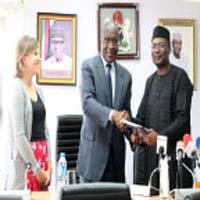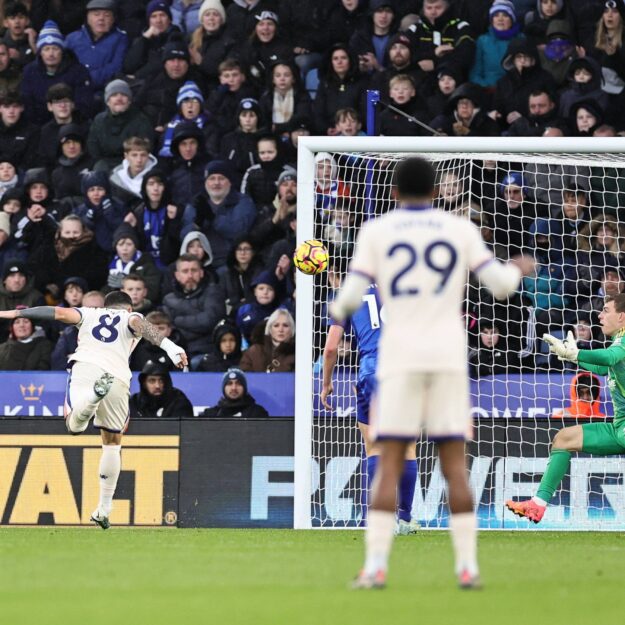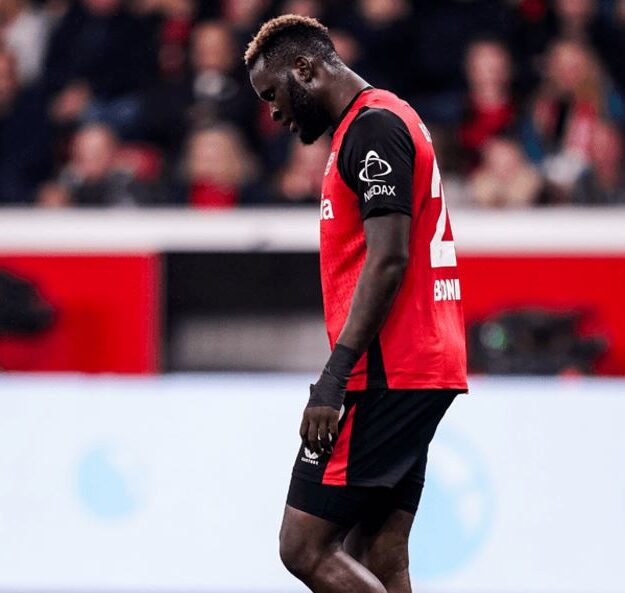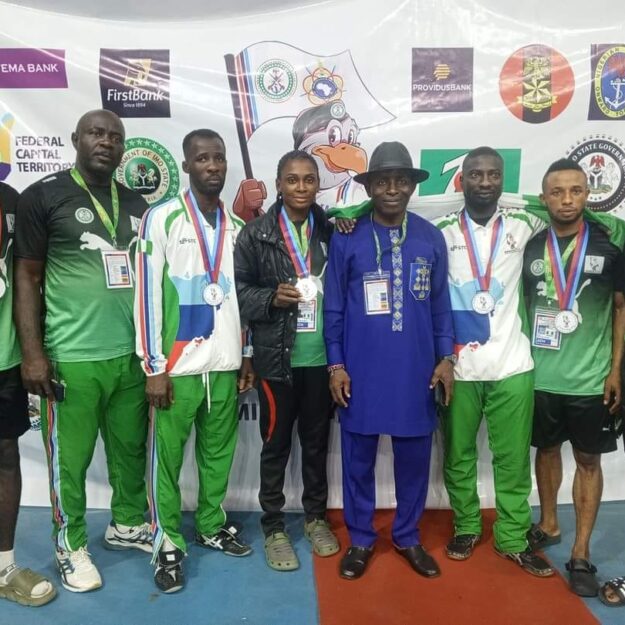
TWO other election observers have slammed the Independent National Electoral Commission (INEC) and parties over the 2019 general elections.
In their report, the National Democratic Institute (NDI) and the International Republican Institute (IRI) said the conduct of the 2019 general polls fell short of expectations.
The report came three days after the European Union Observer Mission (EUOM) released its report, condemning INEC and the parties over the elections.
The institutes noted out that the delay in opening polling units and other administrative challenges undermined public confidence in the commission.
NDI and IRI were part of the observer mission accredited to observe the elections.
They have been active partners of the country’s democratic process since the return to democratic rule in 1999.
The joint report submitted to INEC, on Monday also stated that the parties remained the weakest link in the country’s democratic institutions.
Consequently, the institutes gave their nod to the national conversation planned by INEC to address the identified shortcomings in the electoral process.
The joint report which was presented to the media, also noted that voter turnout in the general polls was the lowest in the ongoing democratic dispensation.
The report states: “To many Nigerians, the 2019 elections-the sixth since the country’s 1999 transition back to democratic rule- were an opportunity to consolidate democratic gains and build on sound electoral practices. Significant improvement in the administration of the 2011 and 2015 elections boosted expectations for the 2019 electoral process.
“Moreover, Nigeria’s first peaceful transfer of power between political parties following the 2015 elections underscored for Nigerians that credible elections matter.
Read also: Post-mortem on 2019 polls unconnected with cases at tribunals, says INEC
“IRI/NDI observation mission concluded that the 2019 elections did not meet the expectations of many Nigerians. The last minutes postponement of the presidential and National Assembly elections in the morning of February 16th and delays in opening some polling units and other administrative challenges on February 23rd undermined public confidence in INEC.
“While INEC distributed materials and opened polls in a more timely fashion for the March 9th gubernatorial and State Assembly elections, many serious irregularities occurred, including vote buying, intimidation of voters and election officials, and election-related violence.
“Political parties remain the weakest link among Nigeria’s nascent democratic institutions. Opaque candidate nomination processes led to violence in some states and many pre-election lawsuits.”
The report also condemned the low space for women participation in the elections, stating that “the paucity of women and youths nominated to run on the tickets of the two major political parties – the APC and PDP, demonstrated Nigerian political elite’s lack of commitment to opening up the space for new faces and new voices.
“Moreover, political parties and their leaders did not uphold their commitment to peaceful and credible elections, failing to restrain and hold accountable members and supporters who committed electoral offenses.”
On the lower turnout, the report stated that “only 35.66 percent of registered voters cast a ballot for president, the lowest turnout rate since Nigeria’s democratic transition in 1998/99.
“There is a pressing desire among Nigerians for a national conversation about the future of their democracy, which must begin with addressing the clear and urgent need to resume the electoral-reform process that stalled prior to the 2019 election cycle.”
The report, which is based on information gathered through the joint IRI/NDI Nigeria international election observation mission, also provided some recommendations, which according to the institutions, if implemented will go a long way in improving the electoral process.
NDI’s Senior Associate for Africa and Regional Director for Central and West Africa, Chris Famunyoh, stressed that the non-implementation of the recommendations could completely erode public interest, which could eventually lead to something undemocratic.
He said: “Many Nigerian told members of the IRI/NDI mission that they were disappointed in ten lack of progress in election administration since 2015 and in the performance of political parties.
“These elections marked the 20th anniversary of the country’s transition to civilian democratic rule, but for many Nigerian, they also highlighted the need for a national conversation about the progress made since that transition and the vulnerabilities that must be overcome to make electoral processes more credible and to safeguard the country’s democracy.
“In previous years, suggestions for improvements by reputable citizen and international observation missions went unheeded.”
The IRI/NDI therefore urged Nigerian stakeholders to seriously consider these and other recommendations to improve the electoral process.
The recommendations include: that the country should pursue a comprehensive, inclusive and expeditious electoral reform process that should draw upon recommendations from Nigerian-led reform initiatives such as the Uwais Commission (2008) and the Nnamani Committee (2017);
- the establishment of time limits for the adjudication of pre-election petitions to ensure that judgment are rendered before Election Day and early enough not to interfere with INEC P’s election preparations;
- that the amount of time for post-election litigation be reduced such that it is concluded before the winners assume office;
- that complete constituency delimitation exercise be done at least one year before the next elections;
- that continuous voter registration process be made more accessible to voters by pursuing technological advances that would allow for immediate issuance of a PVC upon registration and simplify the process for voters seeking to change their registration location;
- that INEC develop and adopt a strong strategic communication plan that builds on lessons learned from the 2019 elections to promote transparency and public trust;
- that to INEC should reconsider the order and timing of general elections to ensure sufficient time for preparations and to promote voter participation and engagement at both the grassroots and national levels;
- that the country should create a process that facilitates suffrage for those on electoral duty on Election Day, including polling officials, security agents and citizen observers.
The report further stressed that “denying these individuals an opportunity to cast their ballot is a violation of the principle of universal suffrage.”
It recommended that INEC should adopt more transparent procedures for the tabulation, transmission and announcement of results.
It stated: “To enhance confidence in its announced results, INEC should update its data management and communication process to ensure that information about the election process and results are shared with public promptly and transparently.
“INEC should establish clear procedures for the transmission of results from polling unit directly to INEC headquarters in Abuja or the state INEC office. INEC should make public polling unit level results for all elections.”
In the area of political parties’ conduct, the report recommended that parties should urgently commit to and implement measures to strengthen mechanisms for political party internal democracy.
The report explained to include “promoting a more inclusive environment in which women, youth and people with disabilities can participate fully and equally in the electoral process without fear of violence, intimidation, sexual harassment, hate speech or forced patron-client relationship between political leaders and aspirants. It also includes adopting internal mechanisms for elf toe resolutions of intraday the disagreements, which could contribute to reducing the number of pre-election disputes.”
The report also harped on the need for political parties to develop and campaign on issue-based platforms that reflect citizen priorities.
It urged the Federal Government to build the capacity of political parties to monitor elections by ensuring the effective recruitment and training of party agents.
Another recommendation from IRI/NDI report is the need for the country to improve civil engagement.
It pointed out the need to improve coordination among stakeholders to increase and deepen voter and civic education.
Besides, the report recommended continued efforts to enhance participation of marginalised groups, including women, youth, people with disabilities and IDPs.
The report which also touched on the area of election security recommended that the “Inter-Agency Consultative Committee on Electoral Security should be strengthened and better operationalised at the state and local government levels.”
It added: “Security agencies should participate fully in INEC’s electoral security training and be more transparent about Election Day deployments.”
Besides, the report also recommended the enforcement of the electoral laws by investigating and prosecuting perpetrators of election-related criminal acts.
It said: “This include those arrested during the lectins and those found to have supported or instigated criminal acts.
“Moreover, INEC should thoroughly investigate and prosecute election officials who engaged in or facilitated electoral offenses.”
The security agencies were equally urged to investigate and sanction personnel who violated their rules of engagement during the 2019 elections.
You may be interested

Premier League: Chelsea Overcome Leicester City Away
Webby - November 23, 2024Chelsea defeated Leicester City 2-1 in their Premier League clash at the King Power Stadium on Saturday.Nicolas Jackson gave Chelsea…
CAFCC: Olanrewaju Explains Enyimba’s Switch To Uyo Grass Pitch Ahead Al-Masry Clash
Webby - November 23, 2024Yemi Olanrewaju, Head Coach of Enyimba, has explained to Completesports.com the rationale behind the team’s relocation to the Godswill Akpabio…

Boniface Can Still Play This Year — Leverkusen Boss Alonso
Webby - November 23, 2024Bayer Leverkusen manager Xabi Alonso remains optimistic Victor Boniface will return to action for the club before the end of…





















![American Pastor, David Wilson Seen Eating The Box Of Woman Who Isn’t His Wife [Video]](https://onlinenigeria.com/wp-content/uploads/2019/10/american-pastor-david-wilson-seen-eating-the-box-of-woman-who-isnt-his-wife-video-150x150.jpg)








